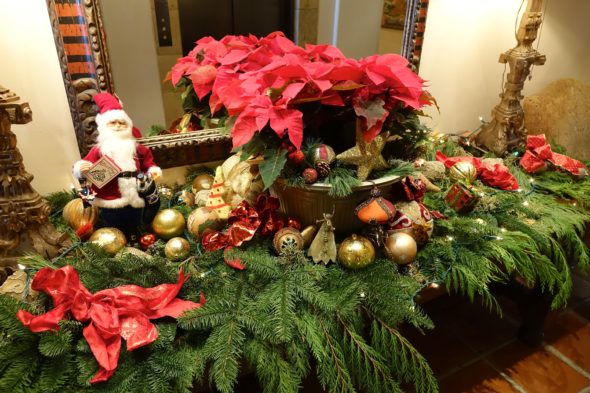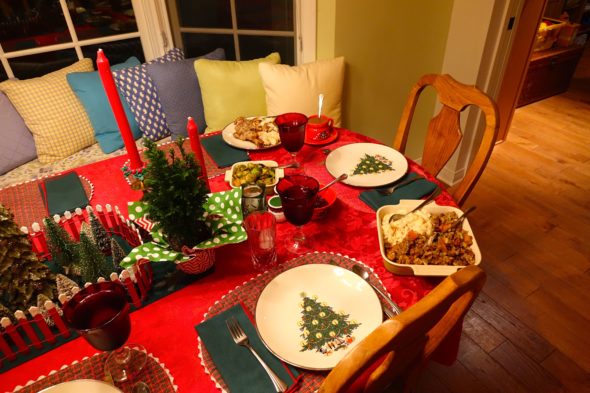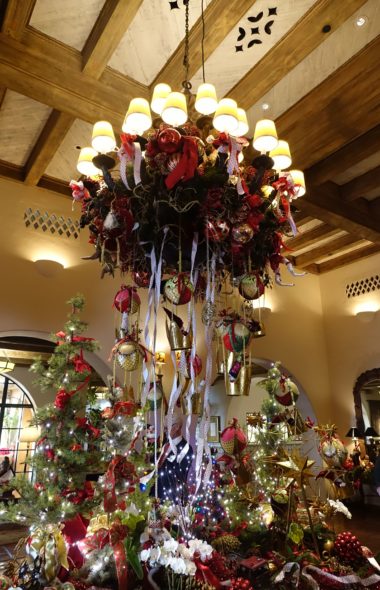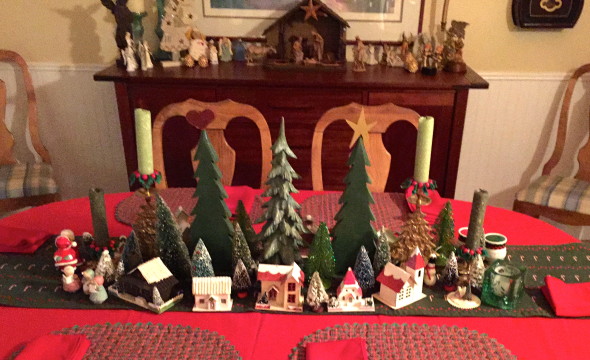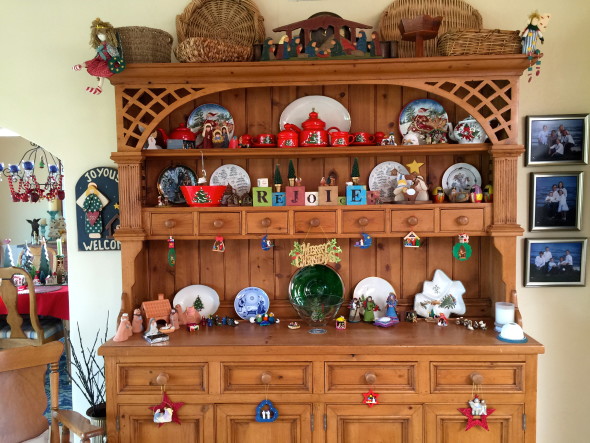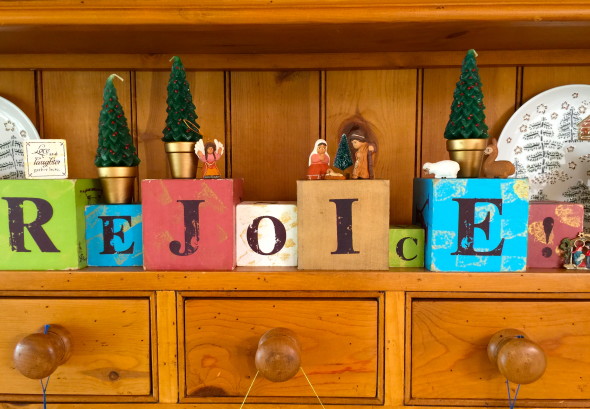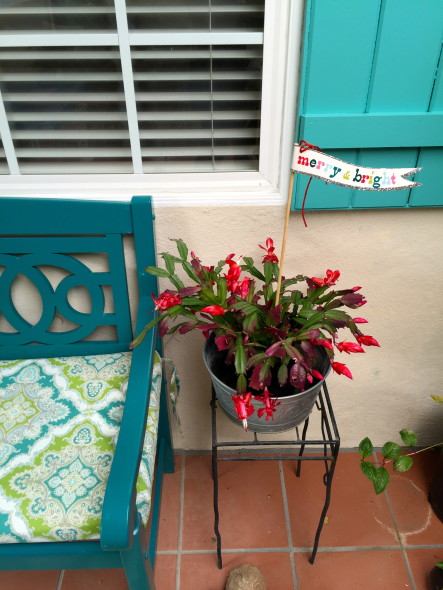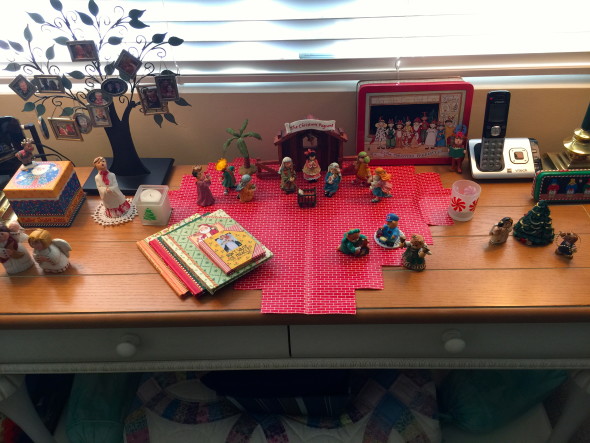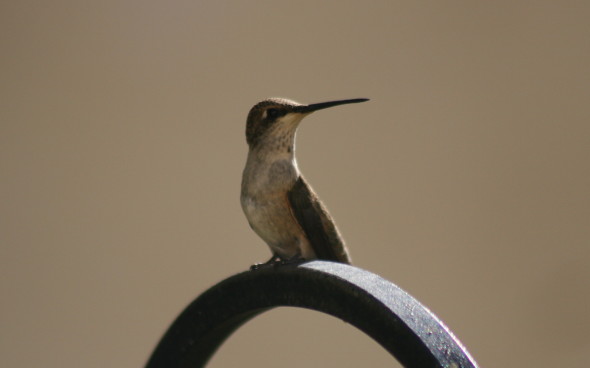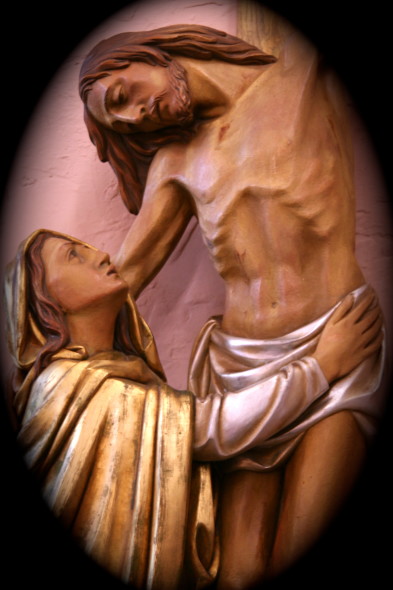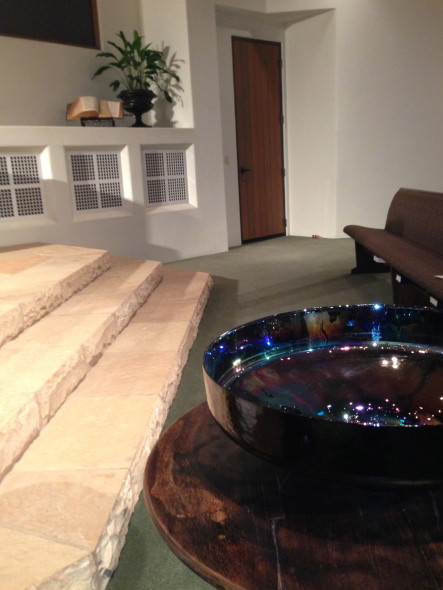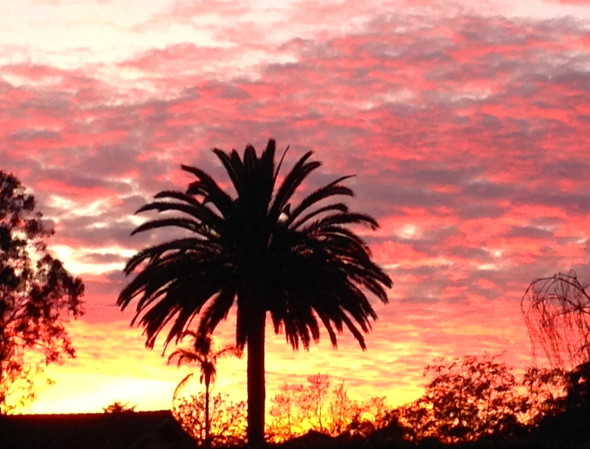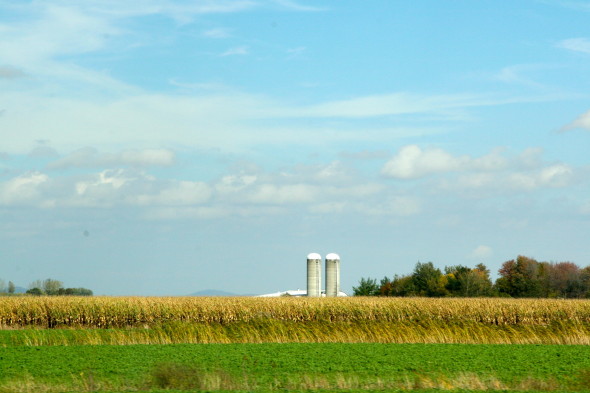Psalm 124
Isaiah 54:1-10
Matthew 24:23-25
Psalm 124: A Song of Ascents. Of David.
1 If it had not been the Lord who was on our side
—let Israel now say—
2 if it had not been the Lord who was on our side,
when our enemies attacked us,
3 then they would have swallowed us up alive,
when their anger was kindled against us;
4 then the flood would have swept us away,
the torrent would have gone over us;
5 then over us would have gone
the raging waters.6 Blessed be the Lord,
who has not given us
as prey to their teeth.
7 We have escaped like a bird
from the snare of the fowlers;
the snare is broken,
and we have escaped.8 Our help is in the name of the Lord,
who made heaven and earth.
Have you noticed that the Psalm reading has been this same one for the last three days? Tomorrow it will switch for the last three days of this first Advent week as we move toward the second Sunday. But before we leave it, I wanted to sit with it for a few minutes. I encourage you to do that, too.
That opening line is one of my favorites in all of scripture, one that I’ve found myself saying over and over again as I’ve lived this life of mine. There are definitely days, even seasons, — when it doesn’t feel like the Lord is on my side! And yet, in the long view — especially looking backwards — I know this to be the most steadfast truth of my life. I haven’t had to deal with ‘enemies’ in the sense that the psalmist means, but I have surely felt flooded by life, overwhelmed by circumstances, threatened by illness and I’ve walked through difficult deaths with a moderately long list of friends and family. So I do know the truth of verse 8 as well as verse 1 — my help is in the name of the Lord. And I am grateful.
